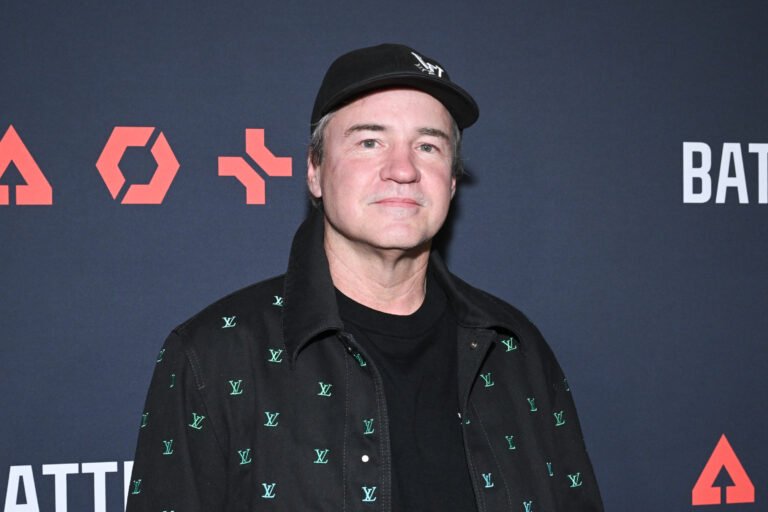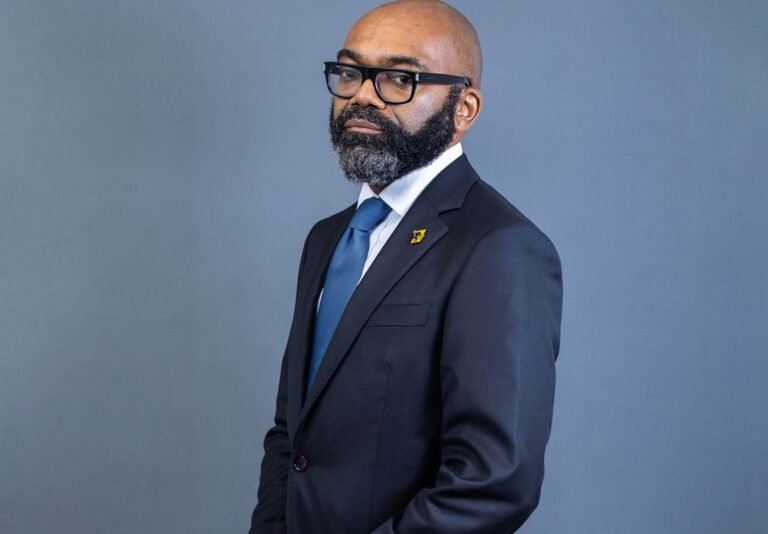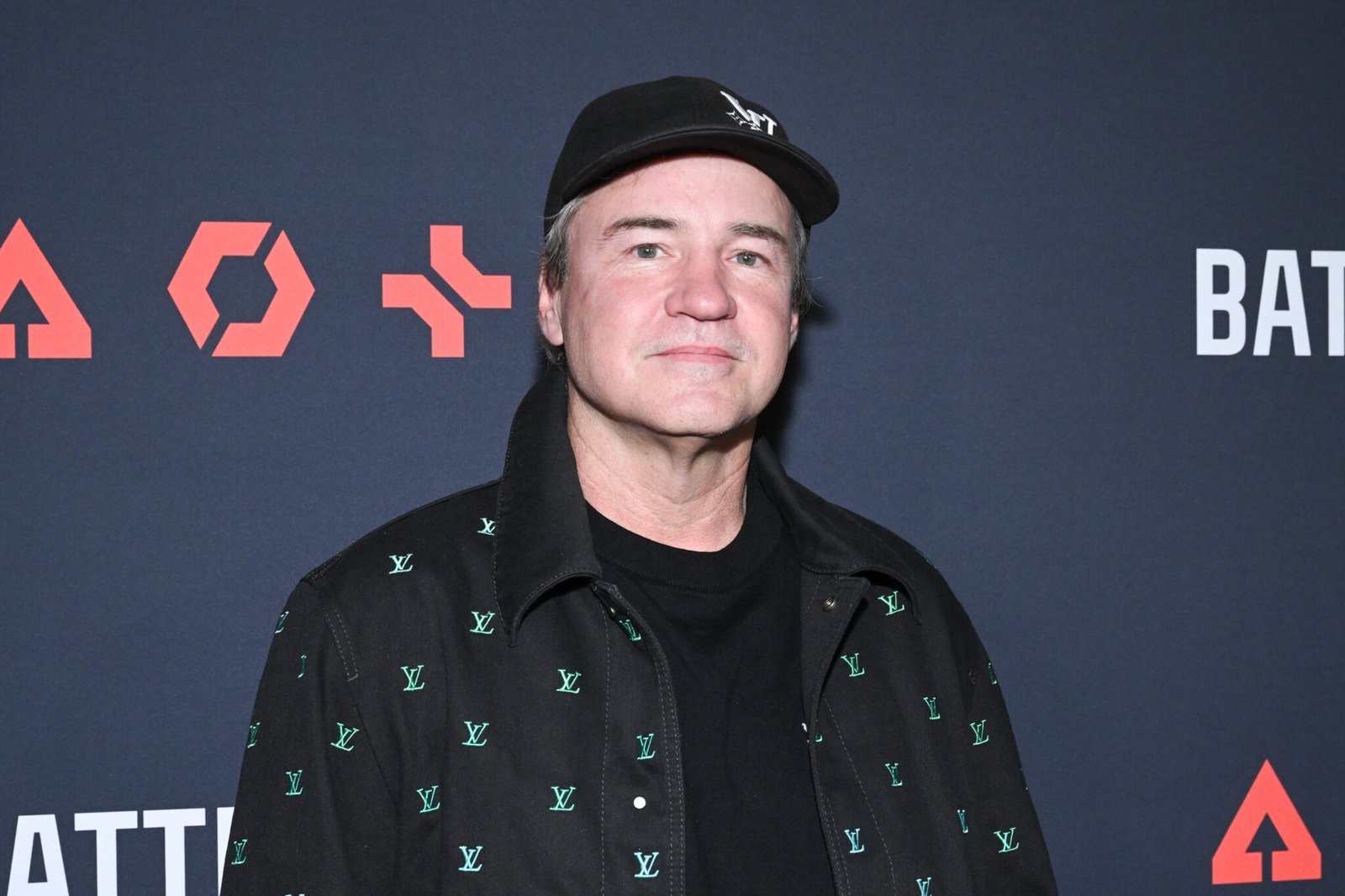Music mogul Sean “Diddy” Combs has been handed a 50-month prison term following his conviction on two charges related to transporting individuals for prostitution purposes.
The sentencing came after a contentious legal battle. Combs’ legal team had pushed for a lighter penalty of just 14 months, which would have allowed for his release soon, considering time already served.
Prosecutors, however, initially sought a sentence in the range of four to five years, later increasing their demand to over 11 years. Each of the charges under federal law could have carried up to a decade behind bars.
During the court proceedings, the prosecution highlighted Combs’ lack of remorse and failure to take accountability, dismissing his defense as unrealistic.
They pointed to similar cases to justify a lengthy sentence of at least 135 months, criticizing what they called his superficial respect for the legal system. They even noted his planned public appearance shortly after, labeling it as extreme arrogance.
Combs’ defense countered by portraying him as a role model and innovator in the business world, particularly for Black entrepreneurs.
They shared stories of his positive influence while incarcerated, including mentoring fellow inmates on business topics. Emotional pleas emphasized his value to society outside of prison walls.
In a moving segment of the hearing, all of Combs’ adult children addressed the court, speaking to his personal growth since his arrest the previous year.
They described him as a transformed individual and a vital family figure, with one son calling him a lifelong hero. His daughters, overcome with emotion, spoke of the challenges of losing their mother years ago and the need for their father’s presence, especially for their young sibling.
The judge acknowledged the difficulty of their testimonies and expressed appreciation for their input in the decision-making process.
Additional arguments from the defense focused on underlying issues like unresolved personal trauma and long-term substance dependency stemming from a medical issue over two decades ago.
They detailed the harsh realities of his time in detention, including a violent incident involving another inmate and ongoing deprivations like poor sleep, contaminated resources, and limited nutrition.
Just before the sentencing, Combs submitted a personal statement expressing regret for the harm caused and committing to a law-abiding future, while describing the profound impact of his incarceration.
A former partner and key trial witness also submitted a statement, recounting ongoing distress from alleged past abuse, including a documented incident of physical violence.
The trial, spanning two months, involved serious allegations of organized criminal activity and exploitation, though Combs was cleared of the most severe charges that could have led to life imprisonment.
Numerous testimonies accused him of various misconducts, including forcing participation in extended, substance-involved encounters that were recorded.
Prosecutors depicted Combs as orchestrating a network of abuse, while his team maintained that all interactions were consensual, albeit in troubled relationships.
Following the verdict, despite the convictions, Combs’ side viewed it as a partial win, with visible relief in the courtroom.
One of his attorneys later reflected on the fairness of the process and suggested the experience could lead to personal development.
This development marks a significant chapter in Combs’ career, raising questions about his future in the industry.





















